New Swiss Polar Institute to explore Antarctic
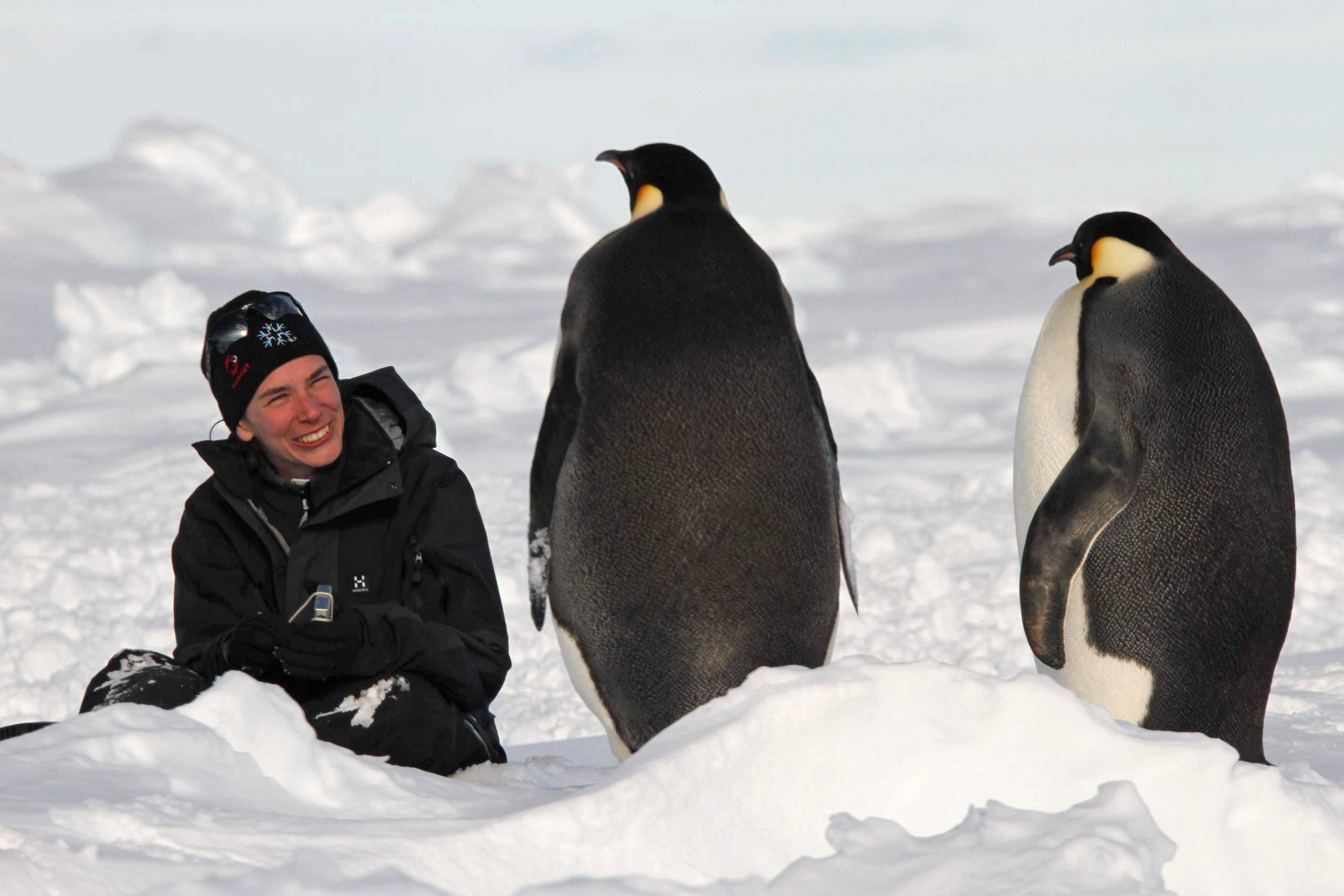
Following the launch of the Swiss Polar Institute (SPI), Switzerland now has a voice in global polar policy. Its first project is a three-month Antarctic expedition involving researchers from around the world.
“The SPI will make it possible for Switzerand to be on a par with other countries,” remarked climatologist Thomas Stocker, referring to the fact that many other nations have polar institutes. At Monday’s launch of the SPI, he also cited the importance of polar research.
“The poles are probably the most vulnerable regions when it comes to anthropogenic climate change, which is happening in front of our eyes in the Arctic, and somewhat less so in Antarctica,” said Stocker, professor of climate and environmental physics at the University of Bern.
Based at the Swiss Federal Institute of Technology Lausanne (EPFL)External link, the SPI is a consortium of the EPFL, the University of Bern, federal technology institute ETH Zurich, and the Swiss Federal Institute for Forest, Snow and Landscape Research – and it was cofounded with publisher Editions Paulsen. SPI has the official support of the Swiss State Secretariat for Education, Research and Innovation (SERI).
“Swiss universities owe their competitiveness to a shrewd approach of competing and cooperating with each other. The SPO is a great example of intelligent cooperation,” said SERI head Mauro Dell’Ambrogio.
ACE idea
To mark the launch, SPI is organising a major project: the Antarctic Circumnavigation Expedition (ACE). With a budget of €3 million (CHF3.3 million), the three-month project will be the first scientific expedition to fully sail around the southernmost continent.
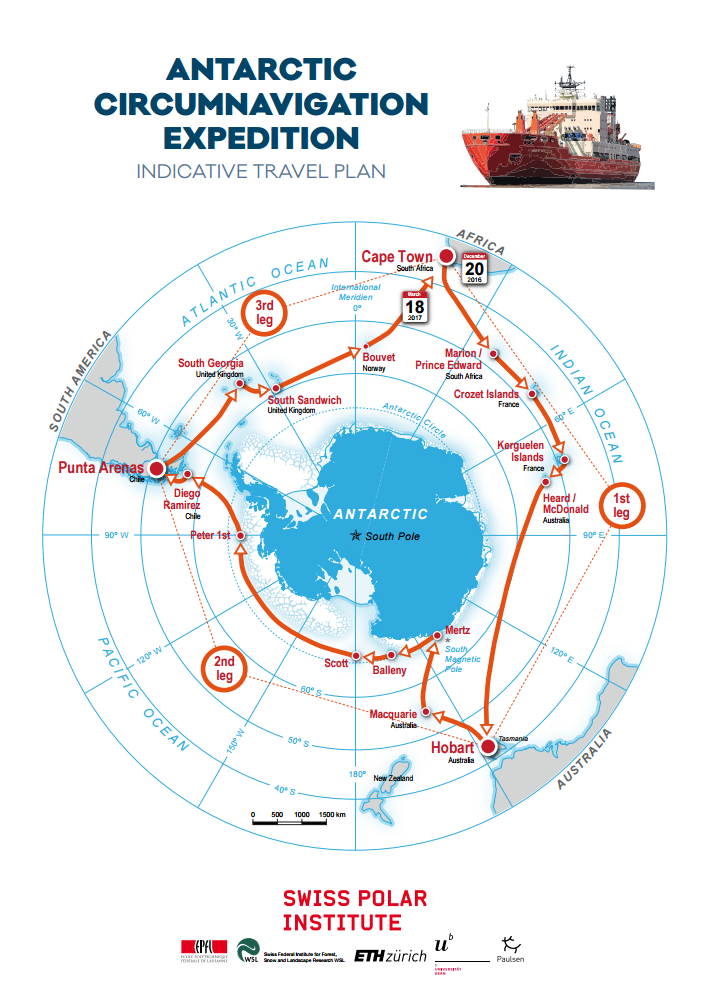
The expedition will kick off in Cape Town, South Africa, in December 2016, and work its way around Antarctica – making numerous stops before returning to Cape Town.
“This is the start of some very interesting collaborations. Three months is a long time, but using the ship as a floating classroom is a wonderful opportunity,” said Isabelle Ansorge of the University of Cape Town’s department of oceanography.
The Russian ship, called the Akademik Treshnikov, will host 55 researchers from 30 countries, and make stops on land belonging to Australia, Britain, Chile, France, Norway and South Africa – plus Mertz in Antarctica.
Of the 22 individual research projects being conducted on board, four are Swiss and another nine involve Swiss partners. The projects will tackle subjects such as glaciology, climatology, biology and oceanography.
Financing for Project ACE comes from Ferring Pharmaceuticals, the SPI and EPFL.
“The SPI will help drive research in extreme environments and contribute to progress in the field of polar science,” said Frederik Paulsen, Ferring chairman and polar explorer. “The launch of ACE combines unique know-how. We’re delighted to support it.”
Asked how they had come up with the itinerary for ACE, Paulsen joked, “It started small, and then it turned into a monster!” Philippe Gillet, vice president for academic affairs at EPFL, said that the “fascinating voyage” had been inspired partly by the project proposals, and had been a real challenge to map out. “I hope this is the final version!”
Contact the author on Twitter @SMisickaExternal link or on WordPressExternal link.

In compliance with the JTI standards
More: SWI swissinfo.ch certified by the Journalism Trust Initiative

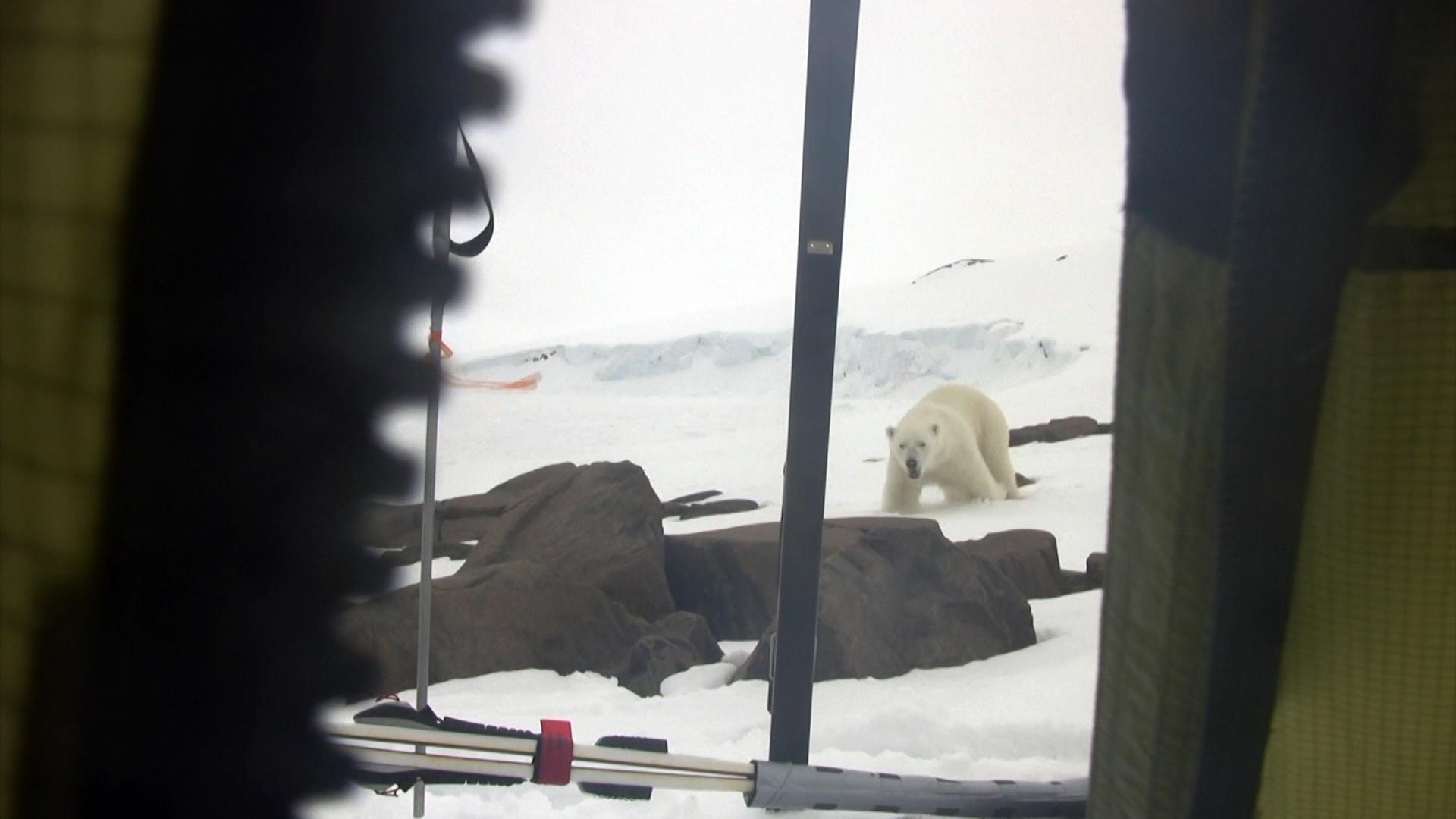
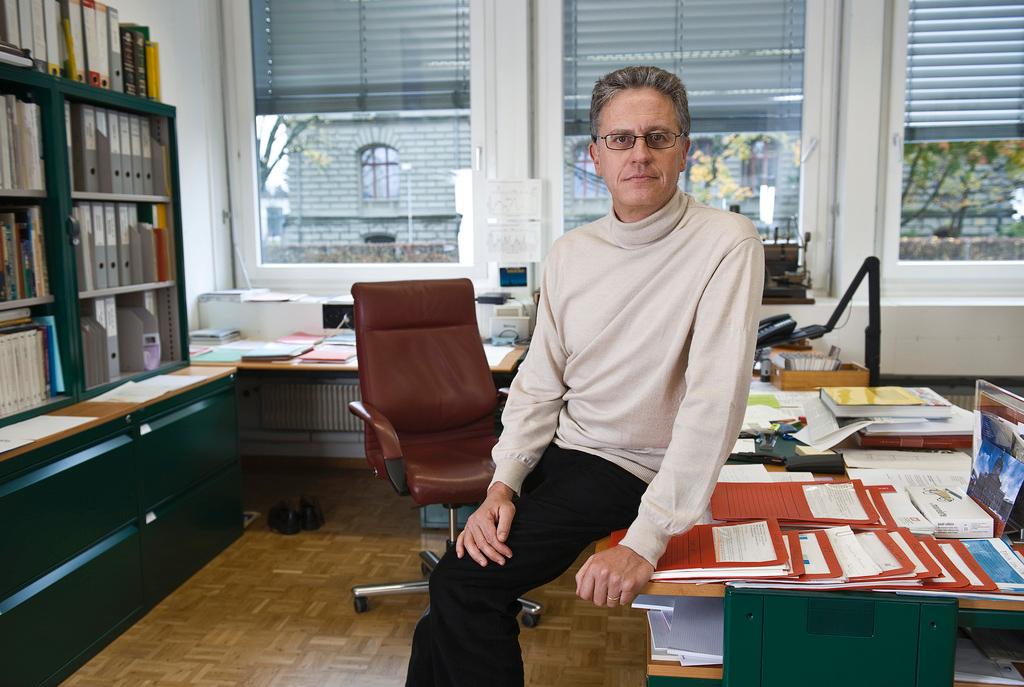
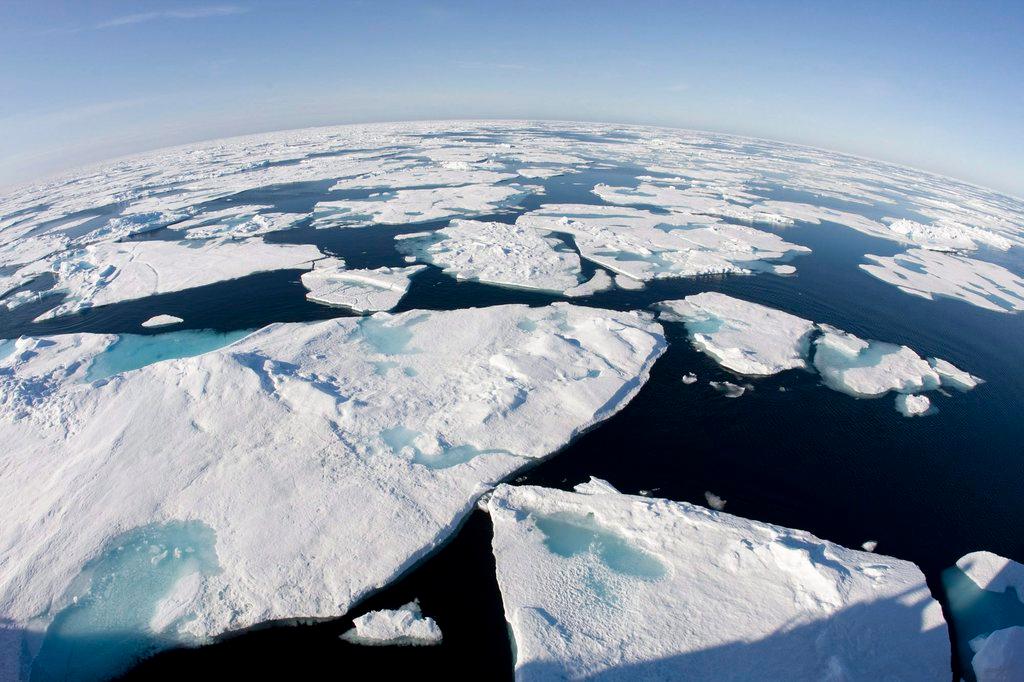
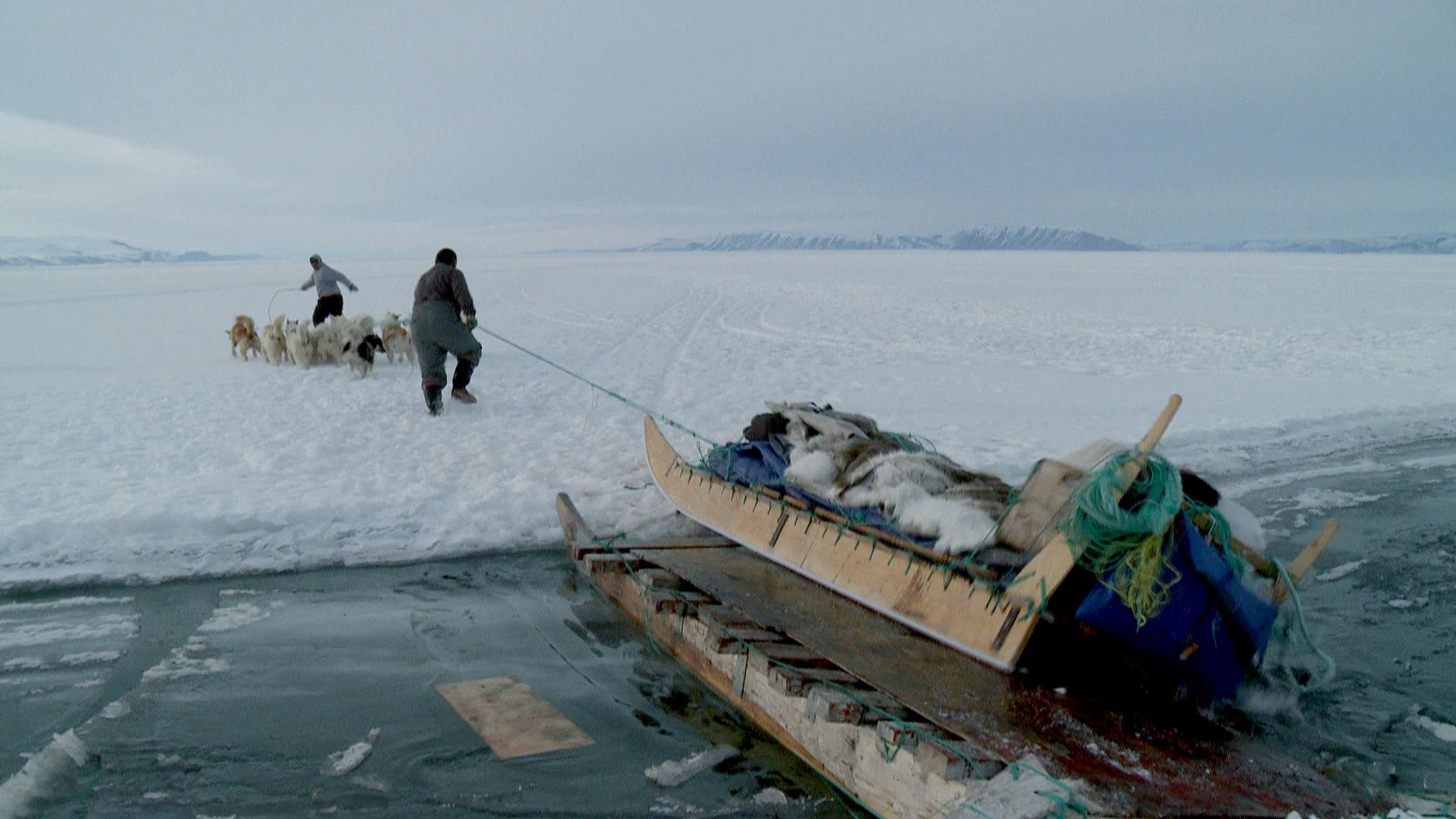
You can find an overview of ongoing debates with our journalists here. Please join us!
If you want to start a conversation about a topic raised in this article or want to report factual errors, email us at english@swissinfo.ch.